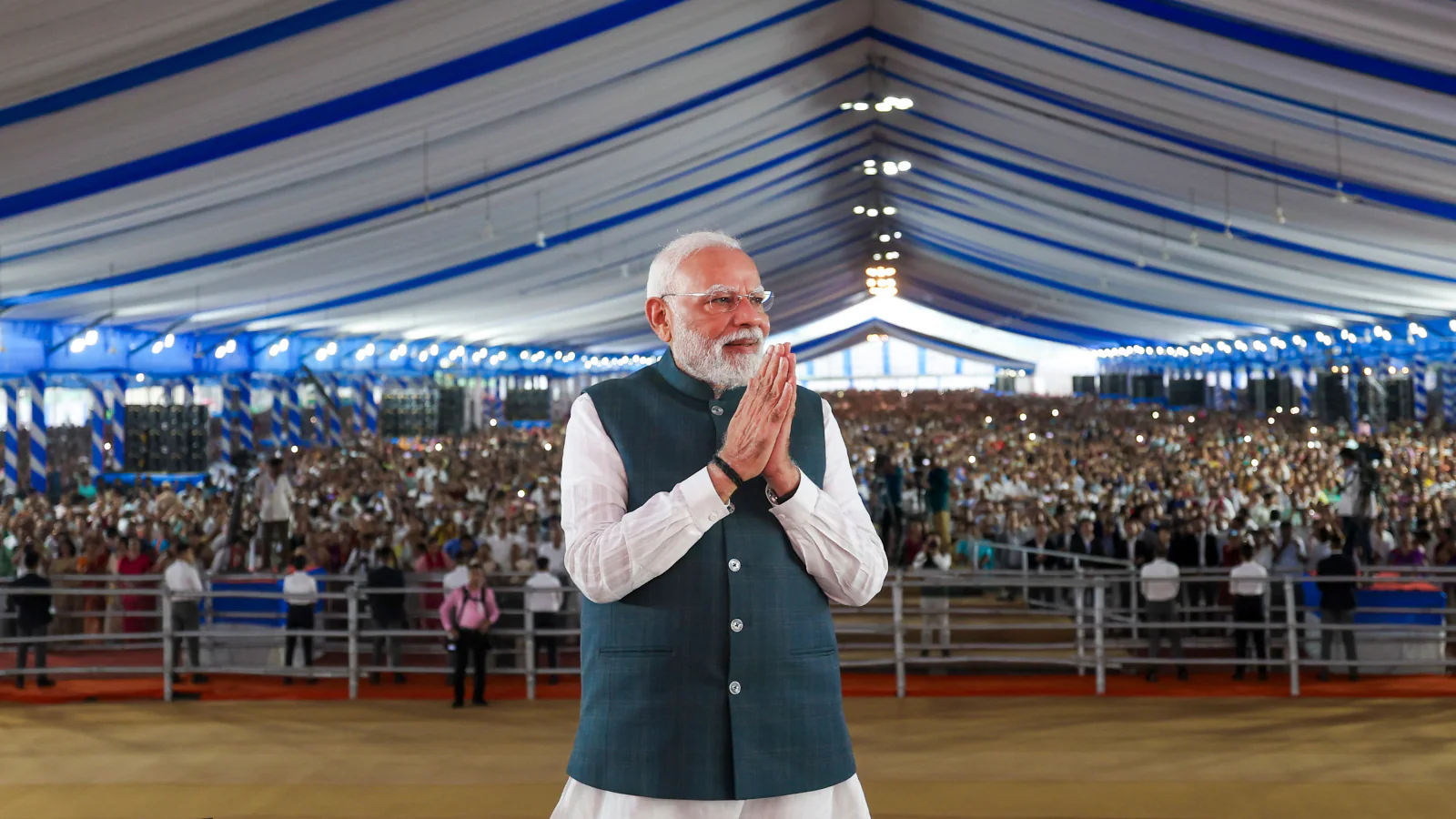By Team Ys
Copyright yourstory

Unicorns, once a rarity, will be replaced by centi-unicorns and megacorns, with some firms tipped to reach multiple trillion-dollar valuations in this new AI world, according to Indian-American billionaire businessman and venture capitalist Vinod Khosla.
Khosla, the Founder of Khosla Ventures, says this in a recent opinion piece for The Information, which argues that artificial intelligence (AI) could drive one of the largest legal wealth creations in human history. He poses a stark question for investors: are today’s eye-watering venture capital valuations truly justified?
Khosla describes many of these valuations as “bonkers” but insists this is not a simple case of bubble mania. The warning is against indiscriminate investment. Most AI investments, his piece suggests, will fail, but a handful of extraordinary winners could deliver returns large enough to outweigh the many losses.
The billionaire traces the roots of today’s environment to missed opportunities in AI’s early years, when many investors were distracted by crypto. Now every venture firm feels compelled to have an AI strategy, limited partners are demanding exposure, and fundraising is easier than ever. Capital inflows are driving valuations higher, which attracts more money from those unwilling to miss out.
Parallels are drawn with earlier technology waves. In the 1980s, most PC software startups failed, but Microsoft and Adobe thrived. In the 1990s, Google and Amazon emerged from a sea of collapsed internet firms. The mobile era produced a few giants such as Facebook, Uber and Airbnb. His piece argues AI will follow the same power-law pattern, only on a greater scale.
According to him, capital today is concentrating in foundation models, computing infrastructure, defence and robotics. These are identified as the likeliest areas for megacorn winners. Healthcare, coding and enterprise search may also produce successes, though he doubts their future values will live up to current lofty levels.
Financially, Khosla, who made his wealth from early venture capital investments in multiple areas, highlights the risk of inflated paper returns. He notes that TVPI, which measures total value on paper, can flatter performance, while DPI, which records actual cash returned, gives a truer picture. Many funds are failing to meet expectations on this measure, which could ultimately slow the flow of venture capital into innovation.
The venture capitalist says that bargain hunting will not work in AI, but neither will spreading money across every highly priced deal. Only highly selective investors with access to the rare transformative companies will succeed.
(Edited by Jyoti Narayan)



